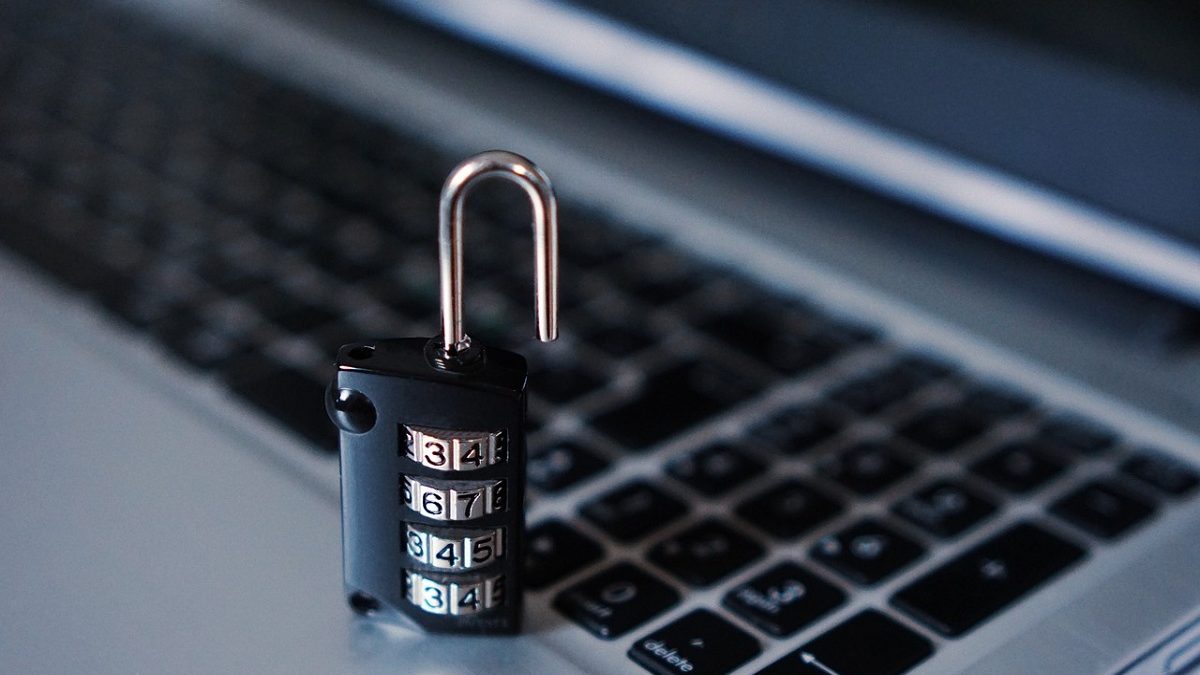Table of Contents
Protect Your System from IP Hacking
Cybersecurity has become prevalent in the 21st century. Hackers are continually finding new ways to sabotage users’ privacy to access information without consent. However, as their efforts continue, technology has allowed users to intervene and have a say in their information security.
When it comes to IP addresses, hackers have an easier time getting through to users’ systems because most people have their guard down in this area. IP hacking is a common activity for hackers, which is why everyone needs to find ways to protect their systems. Here are a couple of tips you help you along:
Update Your Privacy Settings
Your privacy settings can give away more information than you are willing to admit. Today, the Internet of Things (IoT) has popularized the use of messaging apps such as Messenger and Skype. Using these applications without being cautious can grant access to hackers into your systems. Updating your settings to ‘private’ will make it hard for people who are not in your contact to reach out to you. Other than that, avoid picking calls from people you do not know.
Change to a dynamic IP address
As you look to buy cheap private proxies, look into changing to a dynamic IP address. Most IP addresses are static. This means that they are constant at all times. Dynamic addresses, on the other hand, keep changing. The random changes of the dynamic IP addresses make it difficult for hackers to get through to your system. Unless you are hosting your own website or gaming, you have no particular reason for not shifting to a dynamic IP address.
Use a Virtual Private Network
A VPN (Virtual Private Network) will anonymize your IP address. All your online activities are routed onto a proxy server when you use a VPN. It makes your IP address invisible, especially if you are always using public Wi-Fi services. VPN will also protect your network from eavesdropping of the activities do online, and the data in your network.
Update your antivirus software
Updating your antivirus software can do more than you credit it for. Ideally, the updates contain patches that increase the defense of your software against hacker attempts. It can create a wall of protection against hacker attempts in your network. The best part is that an updated antivirus software will alert you of any hacker attempts, whether in link form, downloading files, or in ads.
Update your firewall and router
Your antivirus software is not all that needs to be updated. The firewall on your computer acts as a shield from any threats coming through your system’s network. In that case, keeping it updated works to your advantage. Other than that, your router needs frequent updates. This will help correct any bugs that hackers can use to their advantage to sabotage your system. For your router, this means updating your password as often as you can. An update will ensure you remain dynamic with the nature of your passwords. While at it, follow the basics of a great password, including:
- Length – at least 8 characters
- Mixed characters – have numbers, letters, and symbols as part of the combination
- Random – do not select obvious words, including your name, or even dictionary words.
- Mixed cases – use both lower and upper case for your passcodes.
- Frequent changes – do not keep the same password for more than six months. Try to update them every three months or so.
Conclusion
If hackers will keep giving their best to crack through user information, it is your responsibility to take care of your network and prevent damage from coming to you. It is better to be safe than sorry, especially in the things that concern technology.

